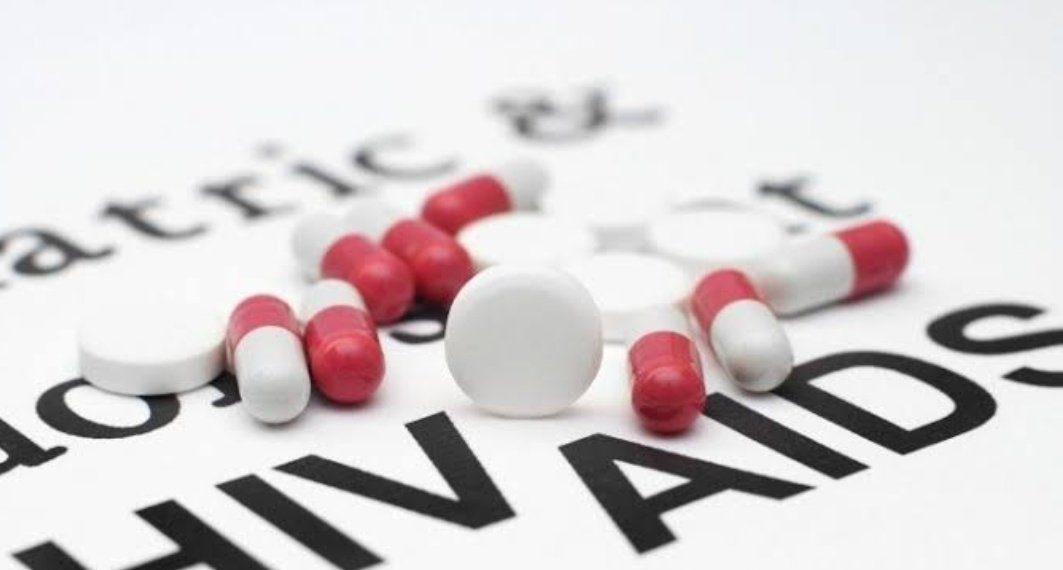News
South Africans Shocked as Study Finds ARVs in National Water Sources

Experts call for urgent research into long-term health and environmental impact
South Africans are reeling after the release of a new study showing that antiretroviral drugs (ARVs), medications used to treat HIV, have been detected in some of the country’s water sources. The discovery, made by researchers at North West University, has ignited public concern over the long-term effects of pharmaceutical pollution in drinking and surface water.
The Research That Sparked Alarm
The findings come from Professor Surani Horn and her team at the university’s Occupational Hygiene and Health Research Initiative. Using advanced water testing methods, they detected low levels of ARVs in local water sources. While the concentrations are reportedly small, the implications could be significant, particularly for aquatic ecosystems and potentially even human health.
“We still need more tests to understand whether these low levels can affect human physiology,” said Horn, adding that the presence of pharmaceuticals in the environment represents a growing challenge for public health authorities worldwide.
How Did ARVs End Up in Our Water?
The most likely source is human waste. When people take ARVs, the drugs are excreted from the body and flushed into sewage systems. Though wastewater treatment facilities aim to filter out harmful substances, many are not equipped to completely remove pharmaceutical residues.
Others speculate that expired or unused medication may be improperly discarded, ending up in landfills and eventually seeping into underground water supplies or rivers.
“I think people who are taking drugs, and the drugs are excreted through bodily waste, can lead to the presence of ARVs in sewage. When this sewage is treated and recycled into water, the ARVs can potentially remain in the supply,” commented concerned resident Andile Mcimbi on Facebook.
Netizens React With Alarm and Humour
Social media lit up with a mix of disbelief, frustration, and characteristic South African humour:
-
Bruno Valterio joked: “Jesus turned water into wine. In SA, we managed to turn water into ARVs.”
-
Kgomotso Gume raised a valid point: “Medication flushed or thrown into landfills can contaminate water sources.”
-
Luella Naido warned: “Even low exposure to ARVs could create drug resistance in untreated HIV-positive people.”
-
Thapelo Mapho bluntly claimed: “They are forcing everyone to drink ARVs.”
This mix of outrage and anxiety reflects a population still grappling with deep mistrust in public services, especially when it comes to basic human rights like clean water.
What Experts Are Saying About the Risks
While no conclusive evidence yet points to immediate danger for humans, scientists say this could be the tip of the iceberg in terms of pharmaceutical pollution in Africa.
ARVs are not the only medications that could show up in water. Painkillers, antibiotics, and antidepressants have also been found in water supplies globally. But in South Africa, a country with the world’s largest HIV treatment programme, the implications of ARVs in water are particularly sensitive.
“There is a real concern that environmental exposure could contribute to drug-resistant strains of HIV or interfere with treatment plans for people not yet diagnosed,” warned one online commenter.
Bigger Picture: HIV Research and Access
This revelation also comes amid ongoing research for a potential HIV cure. Earlier this year, scientists from UKZN’s Africa Health Research Institute trialed an antibody-based treatment in Umlazi, where four out of twenty women saw their viral loads drop to undetectable levels.
At the same time, the South African Department of Health has been adapting to reduced U.S. funding by extending ARV refills for patients to six months at a time, meaning more medication is in circulation, and potentially more risk of improper disposal.
What Needs to Happen Next?
This situation underscores the urgent need for:
-
Upgraded water treatment infrastructure
-
Proper pharmaceutical disposal systems
-
Ongoing environmental testing
-
Public awareness and education
And as Professor Horn rightly points out, South Africa must now balance its hard-won gains in HIV treatment access with growing concerns about ecological safety and sustainable health policies.
One Step Forward, Two Steps Sideways?
South Africa has made tremendous progress in the fight against HIV, with millions of lives saved through ARV programmes. But the unintended consequence of that success may now be surfacing in our rivers and taps.
Whether this is a health time bomb or simply a sign of modern medical overreach, one thing is clear: the conversation around water safety, public health, and environmental sustainability just got a whole lot more urgent.
{Source: Briefly}
Follow Joburg ETC on Facebook, Twitter , TikTok and Instagram
For more News in Johannesburg, visit joburgetc.com



























